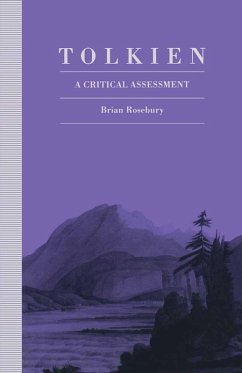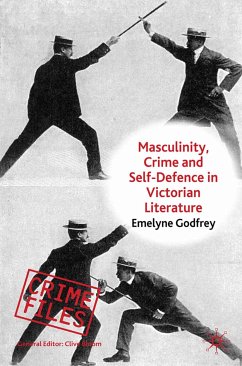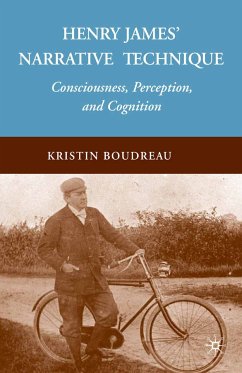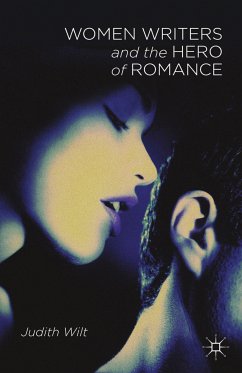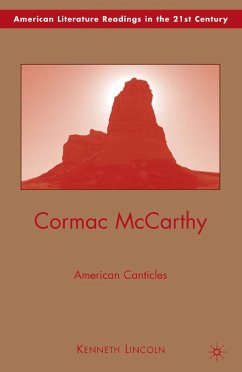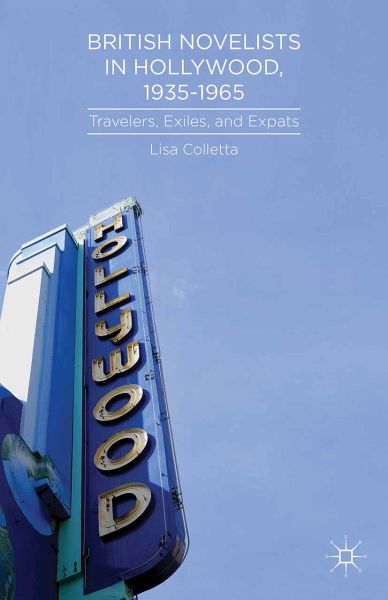
British Novelists in Hollywood, 1935-1965 (eBook, PDF)
Travelers, Exiles, and Expats
Versandkostenfrei!
Sofort per Download lieferbar
40,95 €
inkl. MwSt.
Weitere Ausgaben:

PAYBACK Punkte
20 °P sammeln!
British Novelists in Hollywood, 1935-1965 calls attention to the shifting grounds of cultural expression by highlighting Hollywood as a site that unsettled definitions and narratives of colonialism and national identity for prominent British novelists such as Christopher Isherwood, P.G. Wodehouse, Evelyn Waugh, and J.B. Priestley.
Dieser Download kann aus rechtlichen Gründen nur mit Rechnungsadresse in A, B, BG, CY, CZ, D, DK, EW, E, FIN, F, GR, HR, H, IRL, I, LT, L, LR, M, NL, PL, P, R, S, SLO, SK ausgeliefert werden.



